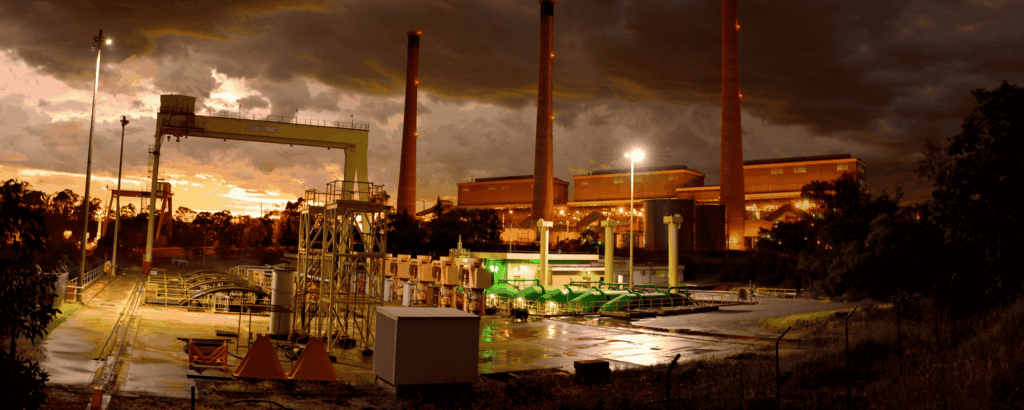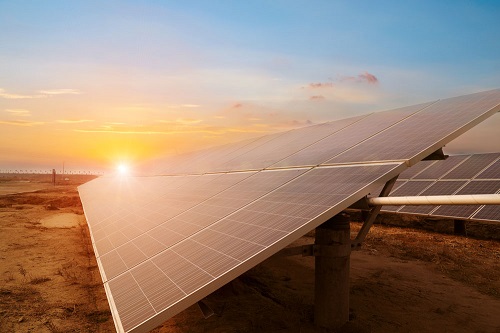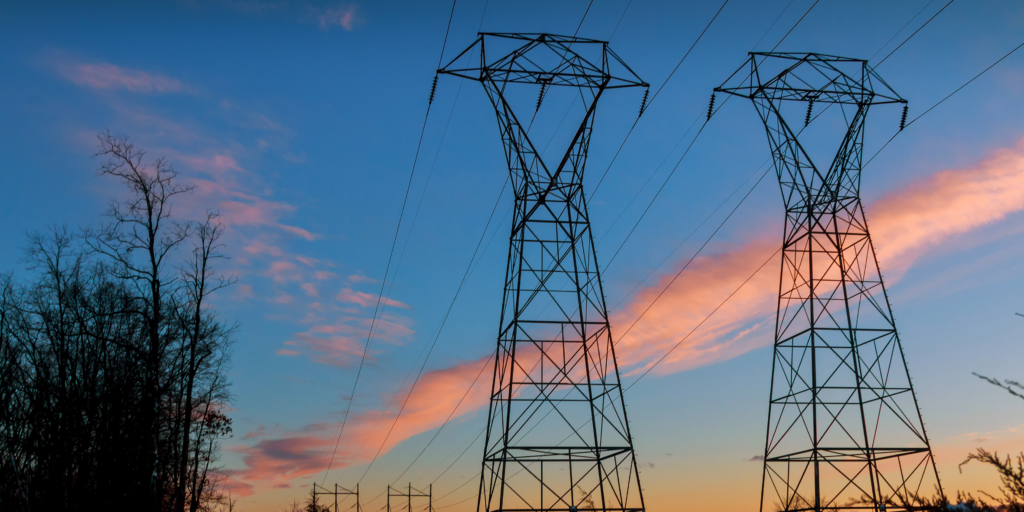The Climate Council welcomes the opportunity to help shape the work and advice of the NSW Net Zero Commission as the state transitions to a net zero, climate-resilient future. As an independent, evidence-based organisation, we strongly support action that aligns with the latest science and maximises benefits for communities, the economy and environment.
In the first half of 2025 alone, communities across NSW have experienced heatwaves, a tropical cyclone, record-breaking flooding and most recently a ‘cyclone bomb’, compounding the effects of back-to-back extreme weather events in recent years. These kinds of disasters are no longer simply natural. Extreme rainfall events have become more frequent and intense, and communities are suffering the consequences again and again. Without urgent action to cut climate pollution, extreme weather conditions like these will intensify, leading to more disruption, dislocation, and loss of life. Not only will this devastate communities, it comes with a significant financial cost: the most recent State Budget shows expenditure on natural disasters has increased more than 1000 per cent in the six years since the 2019-20 bushfires compared to the six years prior.
In June this year, the NSW Government announced that according to its updated projections, the state is just shy of its target of a 50 per cent cut in climate pollution by 2030, and the target of a 70 per cent reduction by 2035 is further out of grasp. We commend the NSW Government’s commitment to develop a new Net Zero Plan to ensure its targets are reached. However, even this will fall short of what is required: to avoid the worst impacts of climate change, Australia can and must cut climate pollution by 75 per cent on 2005 levels by 2030, and to net zero by 2035.
As Australia’s second largest polluter, accounting for one quarter of the country’s emissions, NSW needs to step up its climate ambition and play its part in meeting globally agreed goals. Through the next Net Zero Plan the NSW Government, on the advice of the Net Zero Commission, must set a clear and ambitious direction for rapid
cuts in climate pollution. NSW must end the extraction and burning of coal, oil and gas. It must power its homes, businesses and transport systems with clean technologies that we already know work, and share the benefits equitably across NSW’s communities. The NSW Government must protect the state’s forest carbon stores, and scale up investment to adapt and build resilience to the impacts of climate change across the state.
Importantly, the shift to a zero emissions economy can be done in ways that benefit the community by putting downward pressure on power bills, creating employmen opportunities, empowering First Nations communities, increasing competitiveness and bringing many other economic and social benefits. Shifting to renewables and electrifying NSW homes, businesses and vehicles will protect NSW from the global energy price shocks that are again impacting communities.
For more information on many of our recommendations, see the Climate Council’s Seize the Decade Report, which identifies practical actions that governments at all levels can take to reduce Australia’s climate pollution by 75 per cent by 2030.
Recommendations
Work to cut pollution further and faster this decade
- Adopt the highest level of ambition to limit global warming to well below 2°C
Enable a rapid increase in large-scale renewables through meaningful community engagement
- Enable community-led hosting of renewable energy infrastructure
- Establish Community Energy Hubs in renewable energy zones
- Address barriers to First Nations participation in the shift to renewables
Slash climate pollution and lower the cost of living with rooftop solar and batteries
- Expand initiatives to install solar and batteries on NSW’s public housing
- Scale up innovative solutions for groups who can’t install their own solar and storage
- Support commercial and industrial facilities to install solar and batteries
- Collaborate with other governments to require solar on all new homes across Australia
Accelerate the move to shared, active and electric transport
- Accelerate implementation of key actions from the Future Transport Strategy to improve the state’s public transport systems
- Increase support for the rollout of vehicle-to-grid technology
Protect NSW’s forest carbon stores
- End native forest logging
- Strengthen regulations and increase council resourcing to reduce clearing on private land
Scale up investment in low emissions agricultural practices
- Refine, scale and incentivise uptake of agricultural feed additives and other low emissions agriculture solutions
Coordinate the development of clean energy and industries in key locations
- Empower the Future Jobs and Investment Authority to establish Renewable Energy Industrial Precincts
Urgently address fugitive emissions from coal mining
- End the approval of new and expanded coal mines
- Require existing mines to cut their methane pollution as a condition of continued approval to operate
- Require all mining companies to comprehensively plan for methane mitigation beyond the end of operations
Increase transparency and accountability for NSW’s contribution to global climate pollution
- Require the Scope 3 emissions from coal facilities to be included in emissions reporting
Electrify NSW homes and businesses
- All-electric new homes and commercial buildings
- Mandate electric replacements when gas appliances reach their end-of-life
- Set energy performance standards for existing residential properties, including rentals
- Introduce mandatory disclosure of home energy performance
Increase investment in adaptation and resilience
- Increase investment in climate change adaptation and disaster resilience
Ensure decision-making adequately takes into account climate risks
- Apply a science-aligned approach to climate change adaptation and resilience decision-making and planning
- Provide guidance to decision-makers on applying effective policy interventions for different levels of climate risk exposure and their impacts










